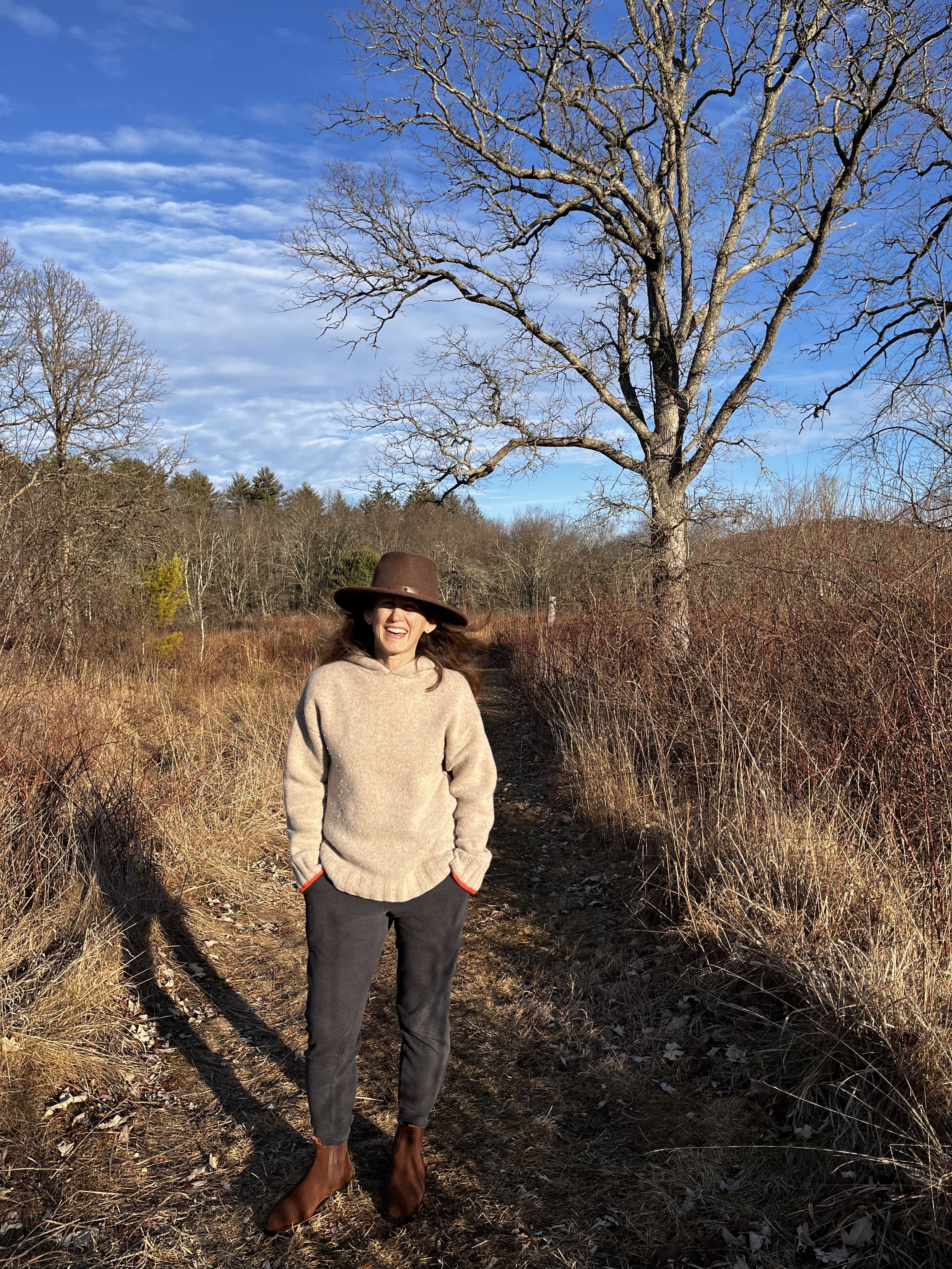Is Protein Really That Important?
In order to live a healthy, independent life your musculoskeletal system must be adequately supported to avoid frailty, imbalance and debilitating muscle loss. From a nutritional perspective in order to support that system, protein is what your body needs; particularly a diet rich in amino acids, the building blocks of protein. I don’t think it’s importance is widely understood among both younger and older adults. It’s literally the difference between health that leads to longevity and dysfunction that leads to demise.
If you’re over the age of 60, become ill and spend weeks in recovery without having a strong musculoskeletal system in place to buffer your down time, your body will lose muscle quickly. That lost muscle turns into fat and often leads to other complications as it escalates. Severe muscle loss is known as sarcopenia and studies are showing a steady rise in the number of older adults being affected. Education and awareness of the subject can help more adults prevent this demise and stay strong to avoid a debilitating outcome.
Proteins Heal
Your body uses proteins to repair from injury, surgery and illness too. Whether it’s building, transporting, maintenance or prevention, proteins are at work keeping your body functional. It’s something your body needs more of as you age, really at any age, especially if you suffer from certain chronic illnesses, take regular medications, are underweight or find yourself increasingly fatigued and unstable.
Protein comes in many forms, but the most helpful in healing and repair are good quality animal proteins. Animal proteins are complete which mean they provide all of the essential amino acids your body needs. That doesn’t mean that you can’t get what you need from vegetable proteins in seeds, legumes and grains. It just takes a lot more careful planning, a much, much larger quantity of food intake and a careful analysis of food grouping to enable complete proteins to be utilized.
How Much Protein
Research shows that a diet that includes 1 to 2 grams of protein per kilogram of body weight per day is best for aging adults in order to maintain full functionality. Optimal intake is largely due to your activity level and current health conditions, with the average person needing somewhere around 1.3 grams of protein per kilogram of body weight daily. If you want to live a lively, active life as you age, you need to pay attention to how much protein you’re getting in your diet. You most likely need more than you realize.
Here are Some Ways to Get Complete Proteins into Your Diet:
Slow Cooked Grass fed and Pasture Raised Meats and Poultry. Slow cooking has many advantages and often keeps nutrients more intact while making flavors intensify. Always go for the best quality you can afford. It’s a simple method that ensures a delicious end result.
Liver. It’s not for everyone, but if you like it, definitely keep it in your diet once a week to pack in the nutrients. Make some into a pate and enjoy on some celery or with your favorite toast.
Protein Powders. Whey protein, bone broth protein, pea protein. Look for versions that have few ingredients and no added sugars. Read the labels carefully, because there’s a lot of junk out there. This is a great way to get in extra protein. Put some in a breakfast smoothie with greens, add some to your oatmeal, you can even add some to baked goods.
Eggs from Pasture Raised Hens. Both egg white and egg yolks have a good amount of protein. I boil some up to have ready to use in salads, sandwiches or just eaten as is.
Wild Fish and Shellfish. Excellent sources of protein and so easy to cook up in minutes.
Bone Broths and Stocks. Sip them like a tea, Use them to cook rice, make soups and cook greens. So many ways to soak up extra protein here.
Organic Dairy Products from Pasture Raised Animals. If your digestive system can tolerate them it can be a great way to add in protein. Instead of grabbing a cookie or cake after dinner, have half of a warmed banana or a handful of blueberries with a couple of tablespoons of greek yogurt.
Jürgen Bauer, Gianni Biolo, Tommy Cederholm, Matteo Cesari, Alfonso J. Cruz-Jentoft, John E. Morley, Stuart Phillips, Cornel Sieber, Peter Stehle, Daniel Teta, Renuka Visvanathan, Elena Volpi, Yves Boirie, Evidence-Based Recommendations for Optimal Dietary Protein Intake in Older People: A Position Paper From the PROT-AGE Study Group, Journal of the American Medical Directors Association, Volume 14, Issue 8, 2013, Pages 542-559
Chernoff R. Protein and older adults. J Am Coll Nutr. 2004 Dec;23(6 Suppl):627S-630S. doi: 10.1080/07315724.2004.10719434. PMID: 15640517.
Baum, J. I., Kim, I. Y., & Wolfe, R. R. (2016). Protein Consumption and the Elderly: What Is the Optimal Level of Intake?. Nutrients, 8(6), 359. https://doi.org/10.3390/nu8060359
Putra, C., Konow, N., Gage, M., York, C. G., & Mangano, K. M. (2021). Protein Source and Muscle Health in Older Adults: A Literature Review. Nutrients, 13(3), 743. https://doi.org/10.3390/nu13030743
https://www.todaysdietitian.com/newarchives/0223p22.shtml






